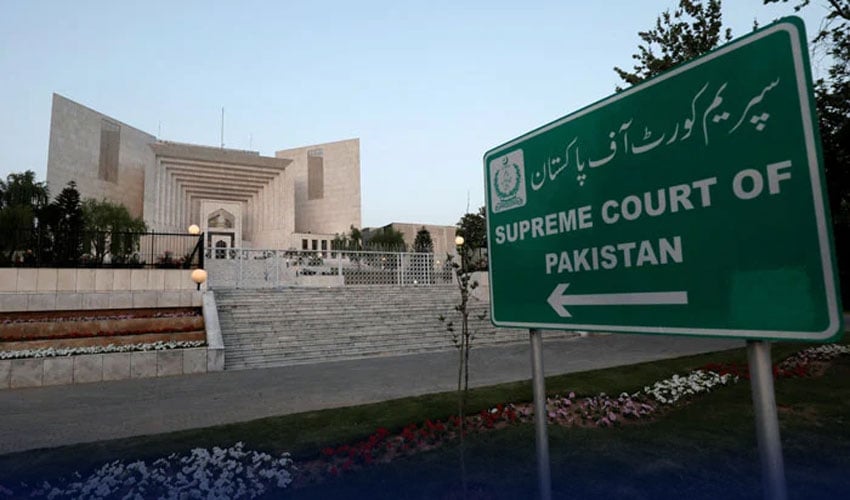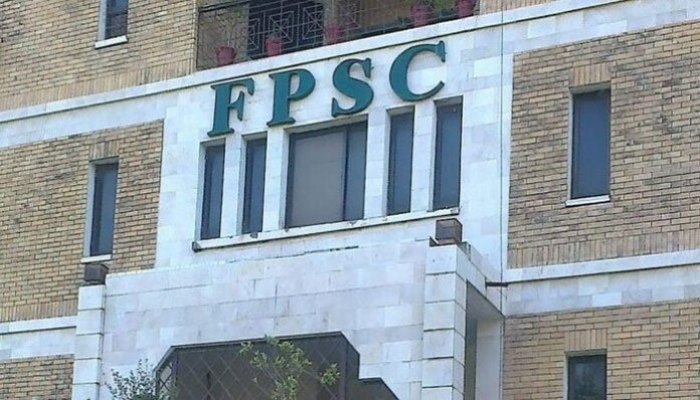LEGAL

Two more intra-court appeals have been filed in the Supreme Court of Pakistan challenging the court’s controversial June 19 judgment regarding the seniority of judges, intensifying the ongoing legal debate on constitutional procedures and judicial appointments.
The appeals have been filed separately by the Karachi Bar Association (KBA) and senior lawyer Shoaib Shaheen, who argue that the apex court misinterpreted Article 200 of the Constitution and introduced a “concept of permanent transfer” which, according to them, has no basis in the constitutional text.
Key Objections in the Appeals
Both appeals call for the quashing of the June 19 ruling, maintaining that:
· The appointment of judges can only be made through the Judicial Commission of Pakistan (JCP).
· The Supreme Court’s statement that appointments can also be made via transfer is unconstitutional.
· The President of Pakistan does not have the authority to determine or alter the seniority of judges.
“The Constitution does not recognize any concept of permanent transfer of judges. The Supreme Court, in its verdict, assumed a power not delegated by the constitutional framework,” the petitioners argued.
The June 19 verdict had sparked immediate criticism from the legal fraternity, especially regarding its perceived implications for judicial independence and the seniority principle — often considered a foundational element in the appointment of judges to higher courts.
Background of the Controversy
The Supreme Court’s June 19 decision revolved around interpreting Article 200, which deals with the transfer of High Court judges. In that verdict, the Court reportedly allowed for the possibility of appointing judges through transfers, effectively treating such transfers as a form of permanent reassignment, which opponents claim undermines the process of merit-based judicial elevation.
Legal experts and bar councils have since raised alarms over the potential abuse of such powers, fearing that such interpretations could allow manipulation in judicial appointments and compromise the independence of the judiciary.
Demands by the Petitioners
Both the KBA and Shoaib Shaheen, in their appeals, demand:
· Immediate reversal of the June 19 ruling
· Restoration of the Constitutional process via the Judicial Commission
· Clear reaffirmation that seniority and appointments must not be determined by executive authority
These new appeals follow similar concerns previously raised by other legal bodies, indicating a growing pushback within the legal community over what is being seen as a departure from constitutional norms and judicial propriety.
The Supreme Court is expected to decide soon whether to admit these intra-court appeals for hearing.




